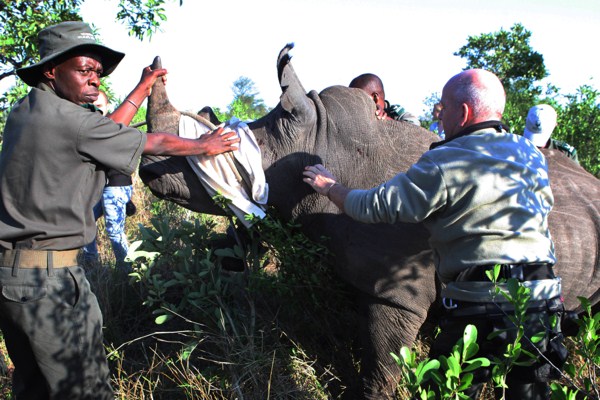Earlier this month South Africa announced plans to relocate 200 rhinoceroses after anti-poaching efforts in Kruger National Park proved ineffective. In an email interview, Natasha White, a research assistant at the Graduate Institute’s Centre on Conflict, Development and Peacebuilding in Geneva, discussed poaching trends in Africa.
WPR: What new tactics are governments adopting to curb poaching, and what is driving their adoption?
Natasha White: Over the past few years, there has been a shift in the scale and nature of poaching. Governments are increasingly acknowledging the severity of its impacts, which stretch far beyond the devastating drop in elephant and rhino populations. Wildlife crime has become a serious threat to the security, political stability, economy, natural resources and cultural heritage of many countries.

